Books
Featuring nationally reviewed, recent releases by Jayson Greene MFA ’21, Amy Hempel, Bret Easton Ellis ’86, James Geary ’85, Craig Morgan Teicher, Akiko Busch ’75, Morgan Jerkins MFA ’16, Hugh Ryan MFA ’09, Carmen Giménez Smith, Amanda Stern ’93, Rolf Potts MFA ’11, Donald Hall, Eugenia Kim MFA ’01, Natalie Scenters-Zapico, Summer Brennan ’01, Irina Reyn MFA ’06, Sue Rainsford MFA ’17, George Michelsen Foy MFA ’98.
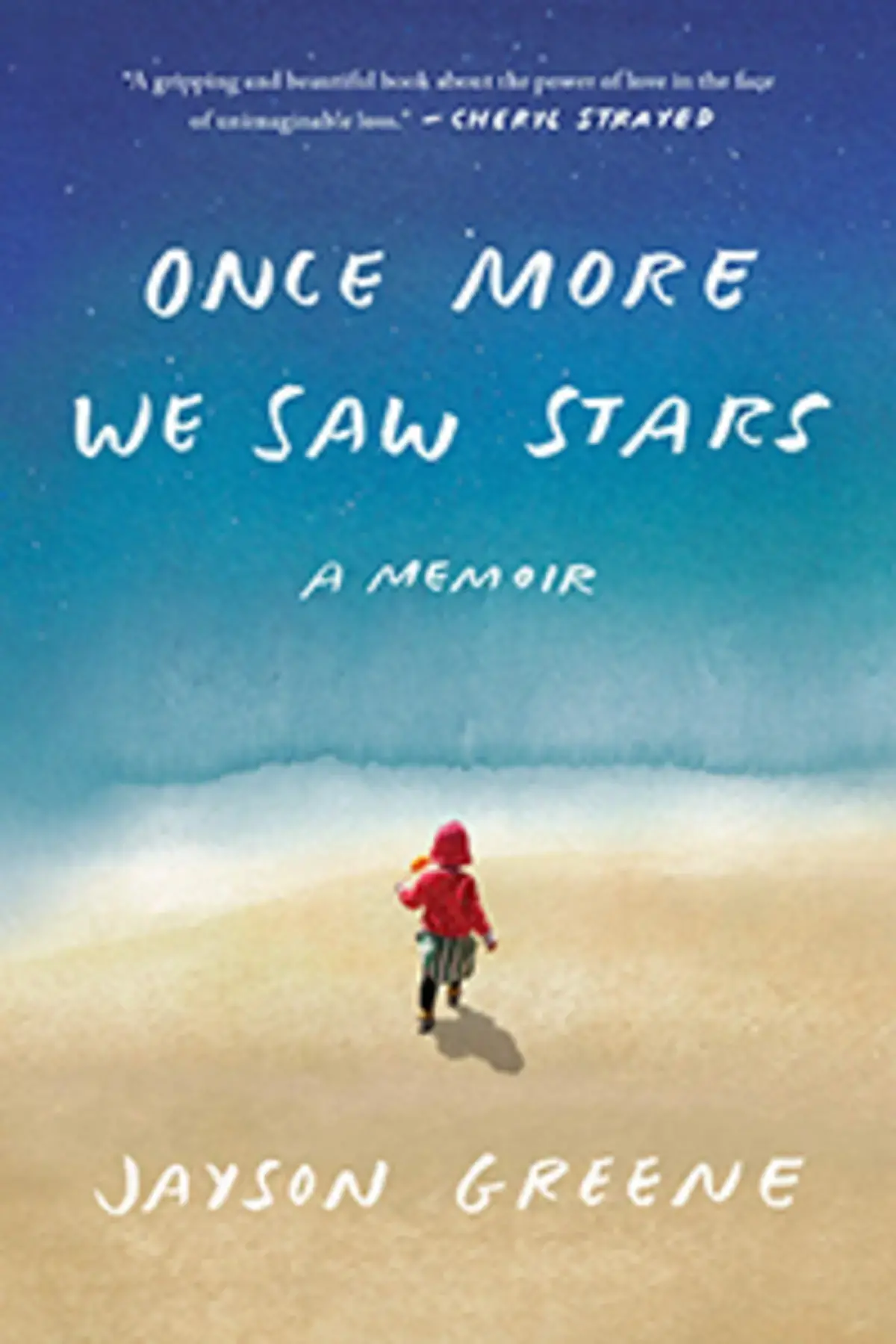
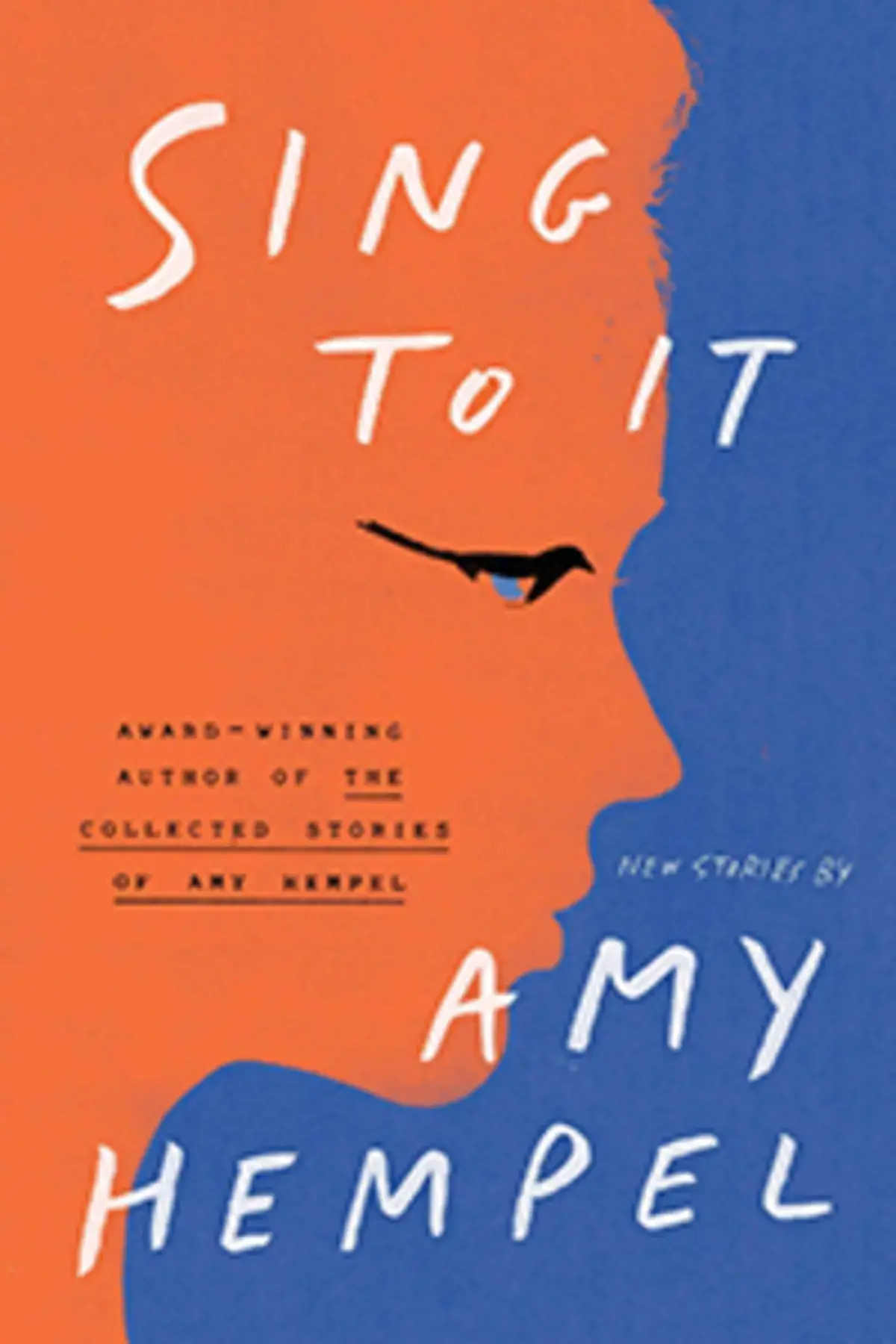
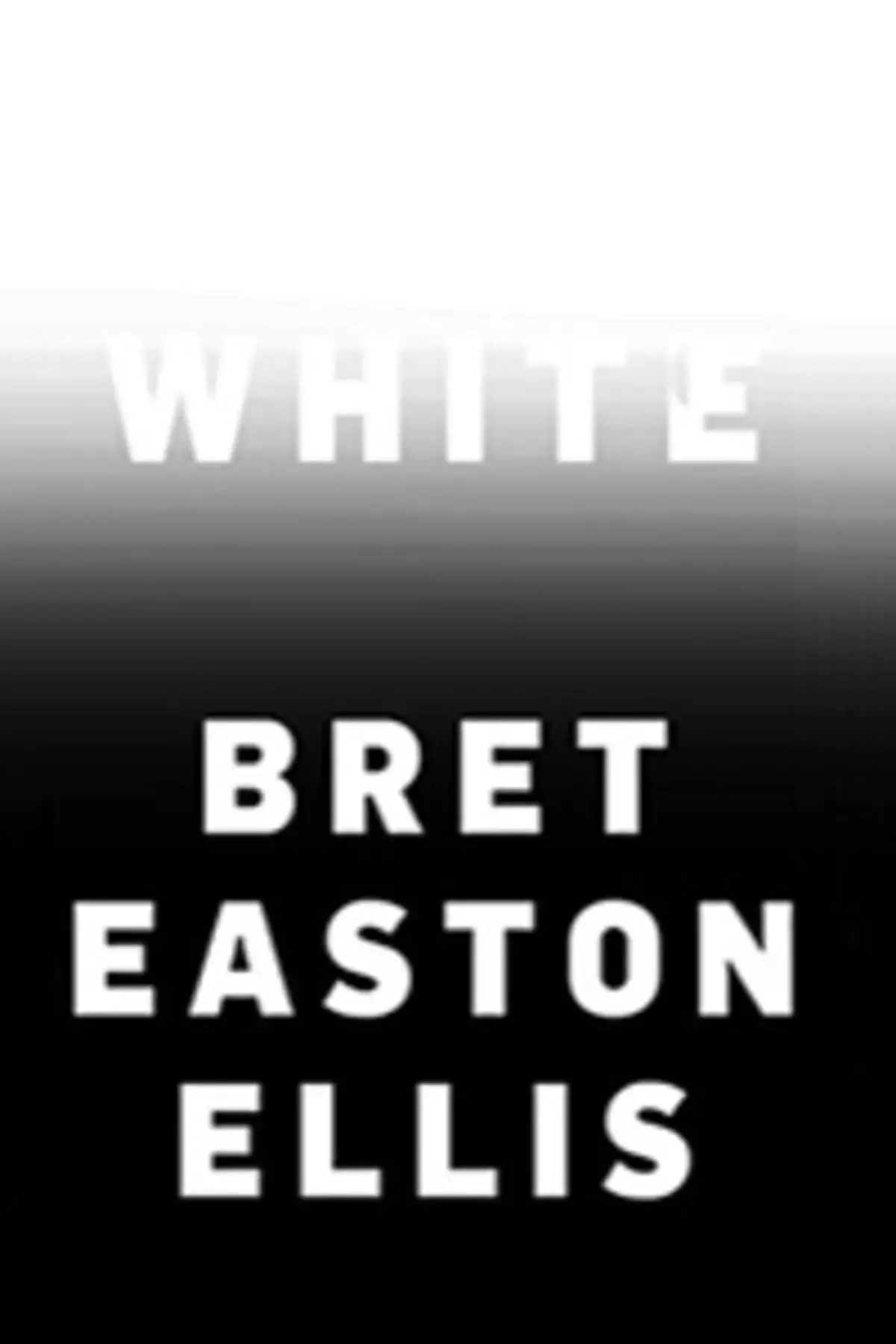
JAYSON GREENE MFA ’21
Once More We Saw Stars
(Knopf May 2019)
Jayson Greene, the author of Once More We Saw Stars, lost his 2-year-old daughter, Greta, on an ordinary day, while she sat on a city bench with her grandmother. It goes against every instinct that a brick, falling from the eighth story of a crumbling Manhattan building, could end the incandescent life of a child. But that’s the gutting fact of it. It happened, against all sense.... Greene’s memoir grapples with this lesson: the ruinous insight that the world can wound loved ones at random and for no reason. The book charts how, in the 15 months between Greta’s death and the birth of their second child, he and his wife survived overwhelming grief to find a path toward a new normal: a happiness brave enough to accept life’s constant dangers and complex enough to coexist with sorrow.
—The Atlantic
AMY HEMPEL, Bennington Writing Seminars faculty member
Sing to It
(Scribner, March 2019)
Each purified sentence [in Sing to It] is itself a story, a kind of suspended enigma. . . . Hempel, like some practical genius of the forest, can make living structures out of what look like mere bric-a-brac, leavings, residue. It’s astonishing how little she needs to get something up and going on the page. A pun, a malapropism, or a ghost rhyme is spark enough.
—The New Yorker
BRET EASTON ELLIS ’86
White
(Knopf; 1st Edition, April 2019)
If Joan Didion is the California ice queen who picked apart the increasingly threadbare fabric of 70’s American society, then, with White, Bret Easton Ellis is her heir apparent . . . shifting his focus to nonfiction for the first time [and turning his] withering eye to the social-media age.
—Vanity Fair
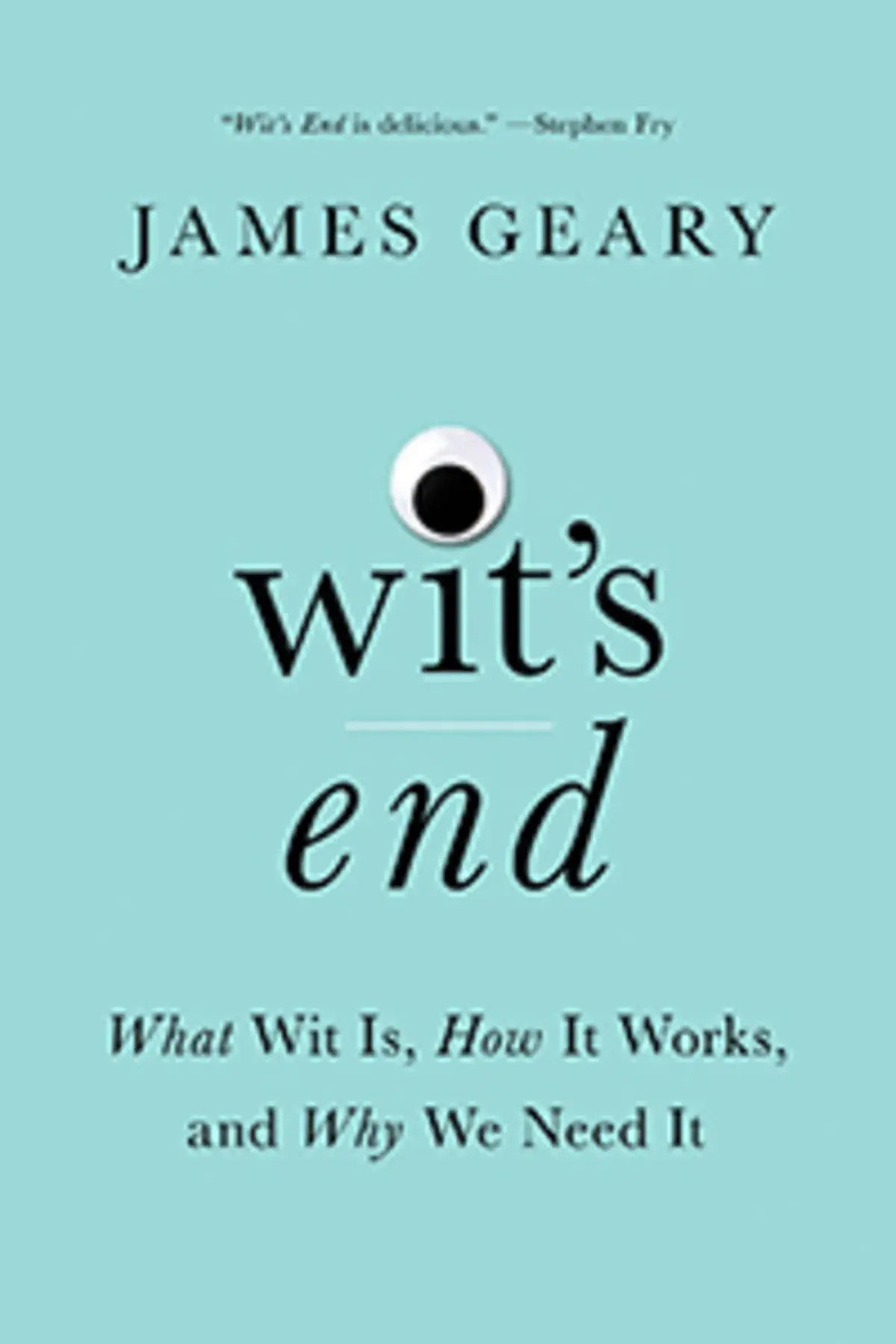
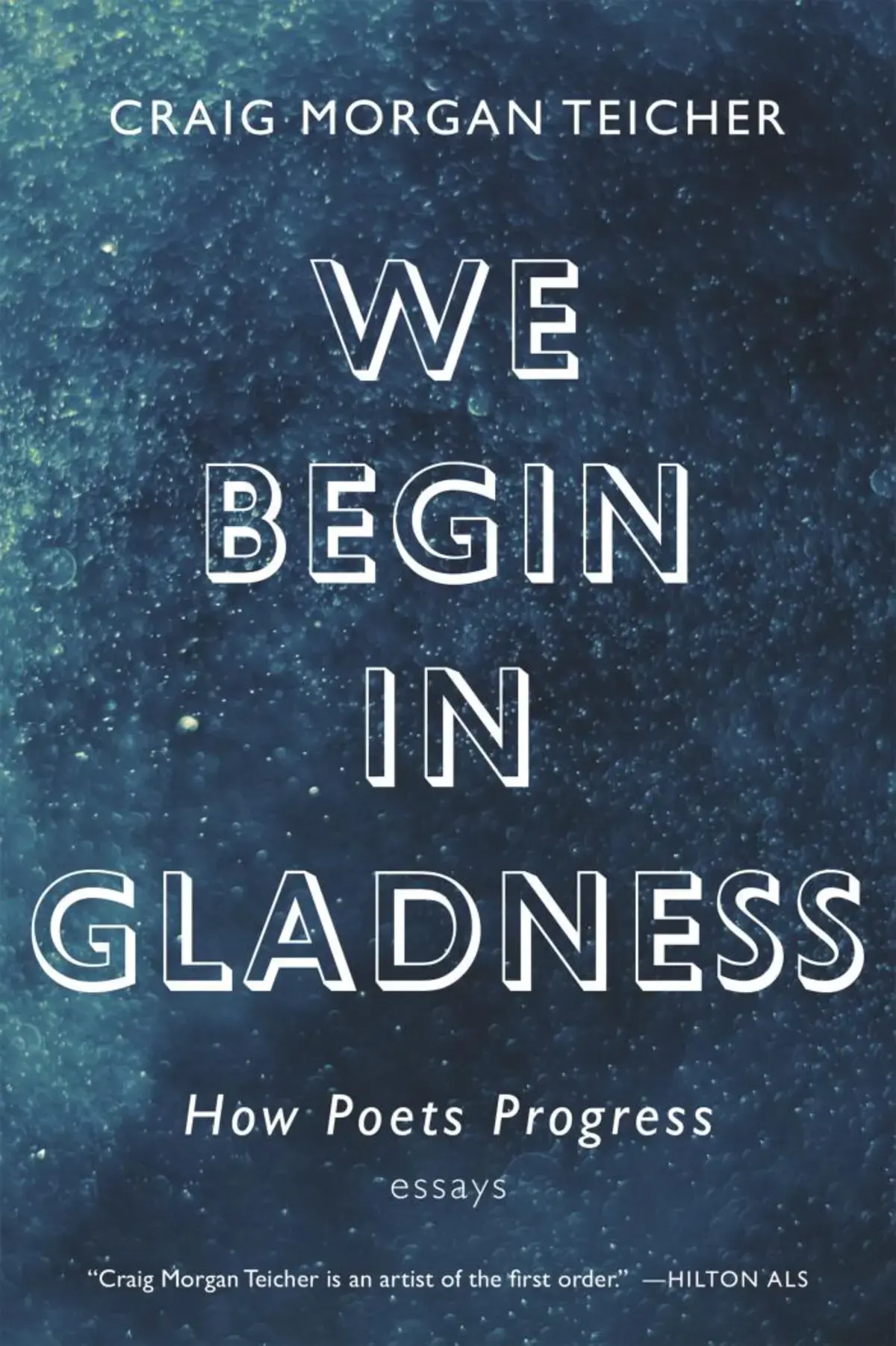
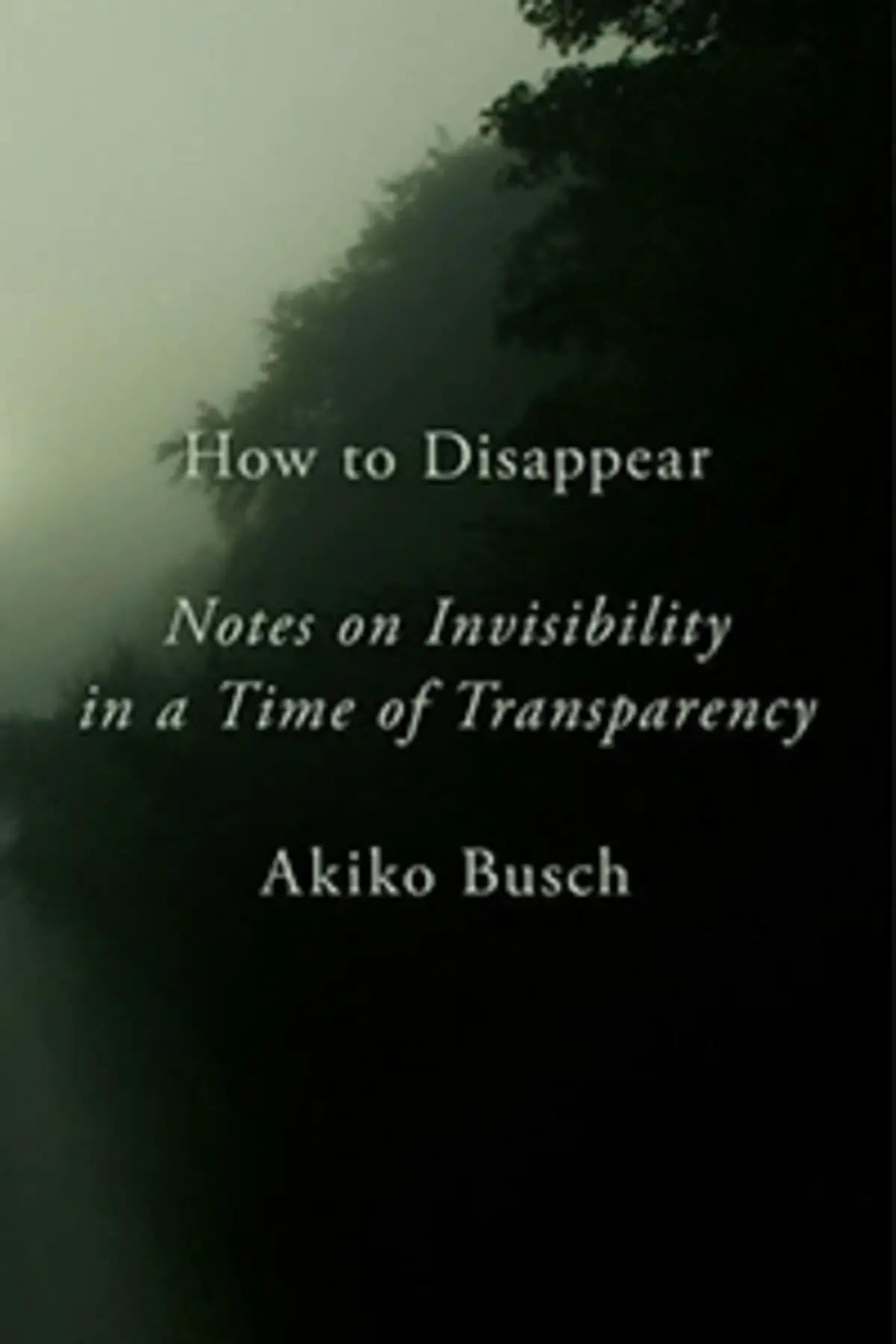
JAMES GEARY ’85
Wit’s End: What Wit Is, How It Works, and Why We Need It
(W. W. Norton & Company, November 2018)
Wit’s End juggles scholarship, humorous anecdote and critical insight with a diabolical, almost sinister dexterity. No shrinking violet, Geary fully intends to strut his stuff, to glitter and beguile, and he does so with remarkable ingenuity and chutzpah . . . As the playwright Sacha Guitry so shrewdly observed, “you can pretend to be serious, but you can’t pretend to be witty.” Happily, Geary manages to be both.
—The Washington Post
CRAIG MORGAN TEICHER, Bennington Writing Seminars faculty member
We Begin In Gladness: How Poets Progress
(Graywolf press, November 2018)
Teicher proposes a well-reasoned alternative: to read poets not so much by their experiences but by the evolution of their words. . . . Teicher perceptively identifies the philosophical undercurrents in much of 20th- and 21st-century poetry and highlights important patterns of poetic influence.
—The New York Times Book Review
AKIKO BUSCH ’75, Visiting faculty member
How to Disappear: Notes on Invisibility in a Time of Transparency
(Penguin Press, February 2019)
Coming upon How to Disappear was like finding the Advil bottle in the medicine cabinet after stumbling about with a headache for a long time... For [Busch], invisibility is not simply a negative, the inverse of visibility. Going unseen, undetected, overlooked: These are experiences with their own inherent “meaning and power”; what we need is a “field guide” for recognizing them. ...Inconspicuousness can be powerful—this may be Busch’s most radical point, especially at a moment when we’re conditioned to think power means yelling louder than everyone else in your Twitter feed, or showing the world in Instagram how you’re living your best life . . . Silence and invisibility, [Busch insists], are part of our everyday lives—the place our mind wanders when we’re in the shower or out jogging, the feeling we get looking out the window of an airplane, the pleasure of becoming a stranger on a bustling city street.
—The New York Times Book Review (Cover Review)
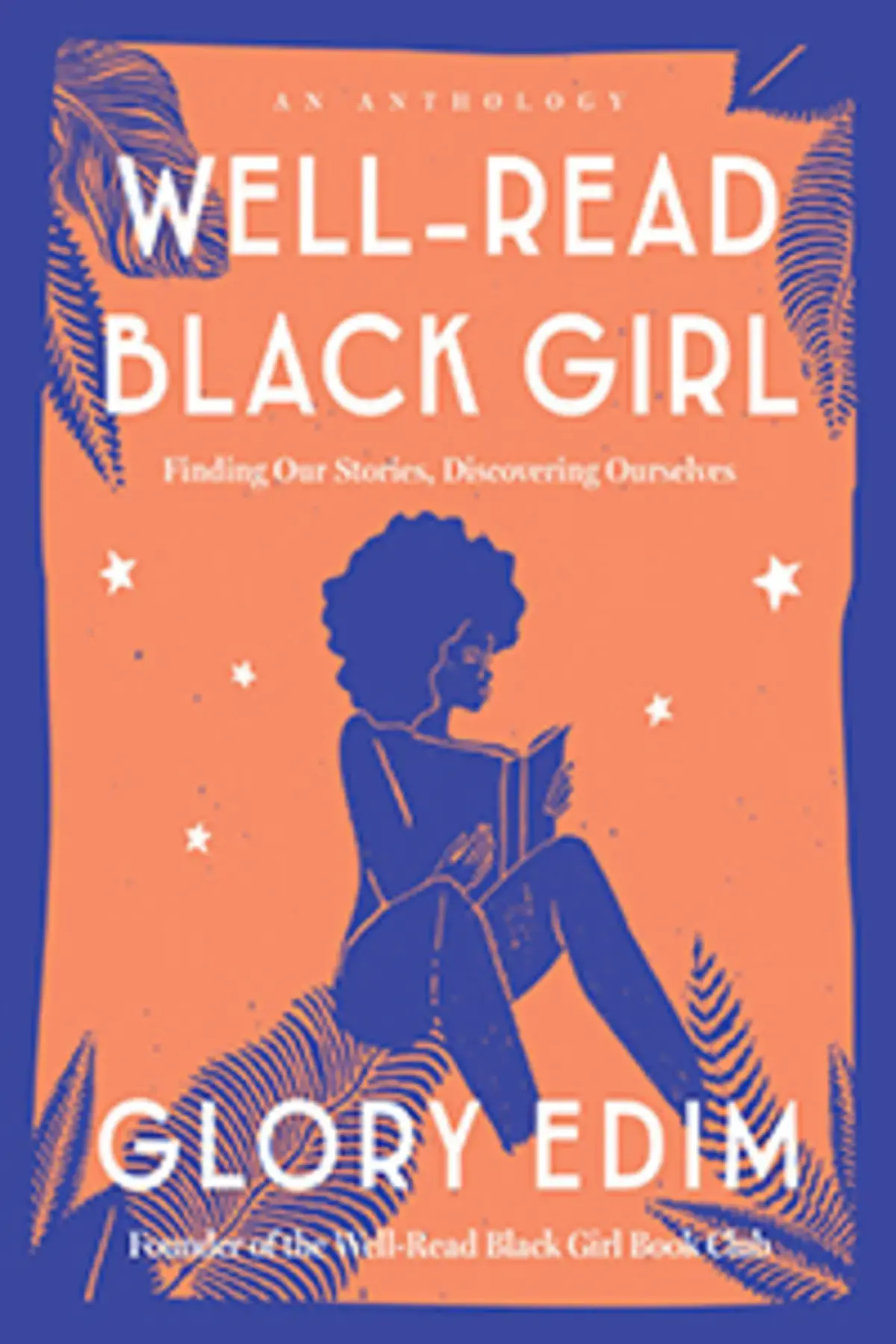
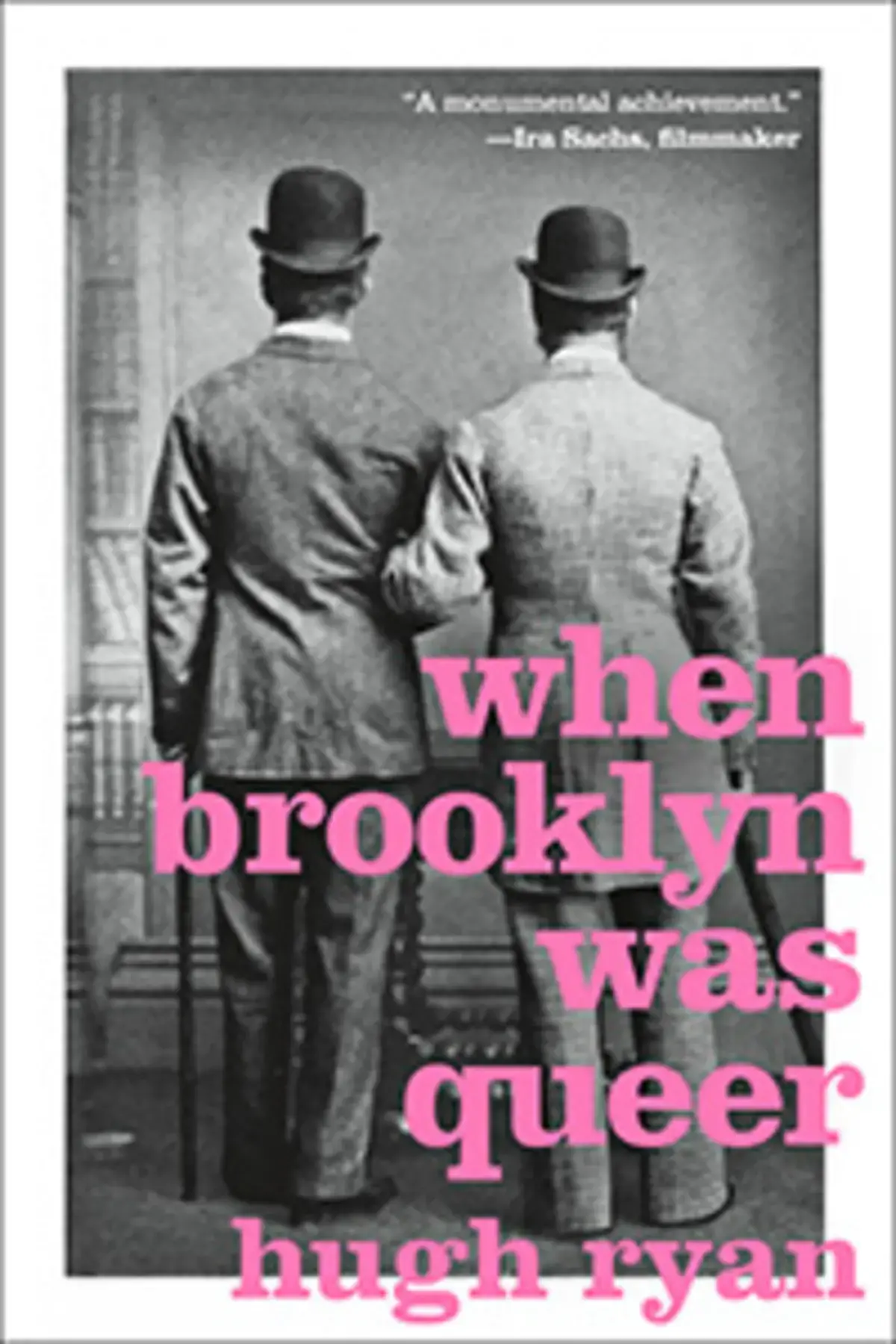
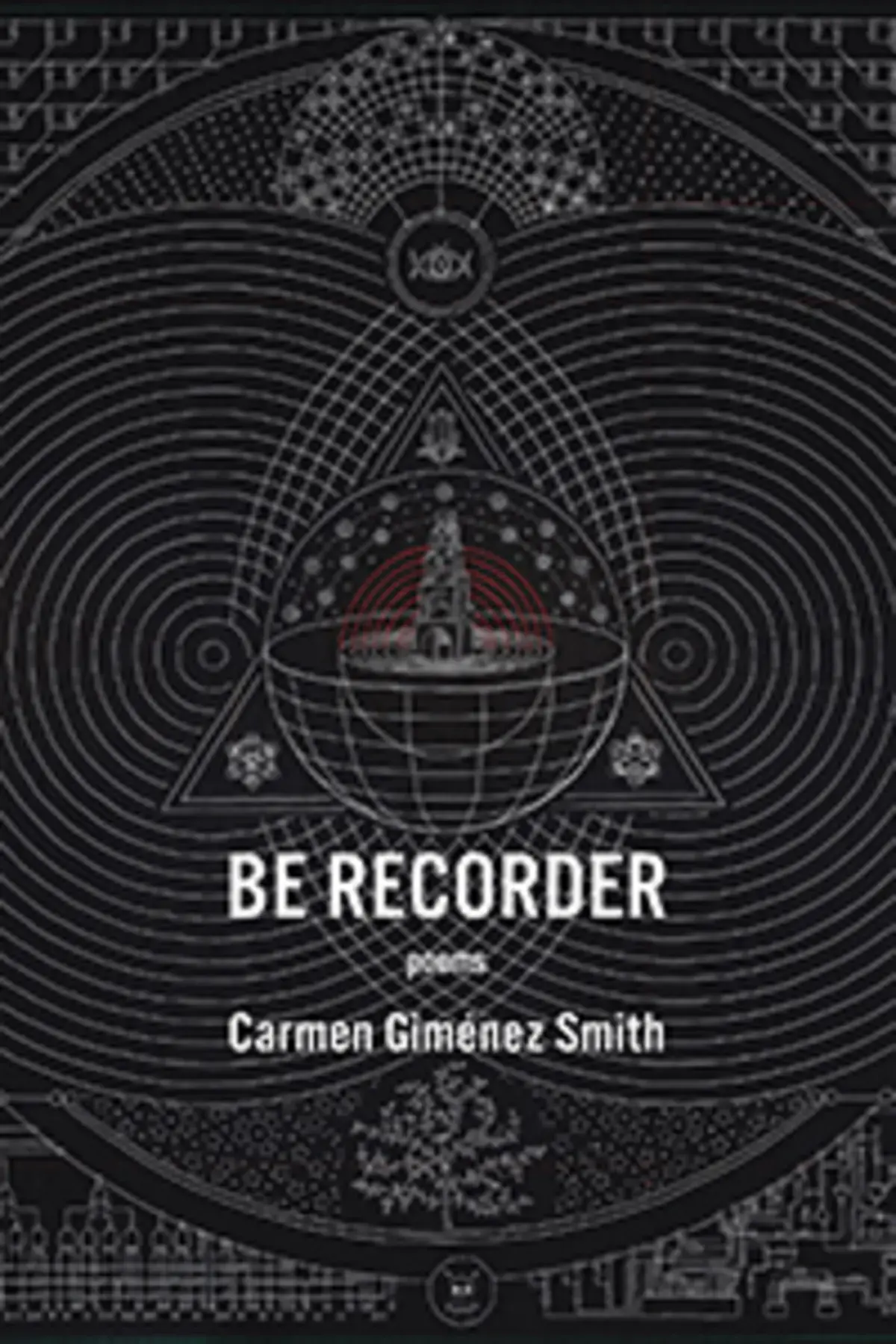
MORGAN JERKINS MFA ’16,
Well-Read Black Girl: Finding Our Stories, Discovering Ourselves (Contributing writer)
(Ballantine Books; reprint edition, October 2018)
These essays build the altars for black women to recognize and support each other’s work, not as collectibles rendered visible or easily consumed by non-black audiences, but as an acknowledgment of black women as architects of their own futures and universes. . . . Each essay can be read as a dispatch from the vast and wonderfully complex location that is black girlhood and womanhood. . . . They present literary encounters that may at times seem private and ordinary—hours spent in the children’s section of a public library or in a college classroom—but are no less monumental in their impact.
—The Washington Post
HUGH RYAN MFA ’09
When Brooklyn Was Queer
(St. Martin’s Press, March 2019)
A hungry archivist, Hugh Ryan unearths vivid material to populate this story. Taking the Brooklyn Heights publication of Walt Whitman’s Leaves of Grass as a starting point—he depicts early queer lives around the city’s waterfront, from the neighborhoods of Red Hook to the Navy Yard.
—The New Republic
CARMEN GIMÉNEZ SMITH, Bennington Writing Seminars faculty member
Be Recorder
(Graywolf Press, August 2019)
With a powerful allegiance to the freedom of free verse, Giménez Smith tells a sort of fragmentary superhero origin story about a girl who faces the disdain of her country to become a woman, poet, and mother. . . . For Giménez Smith, there is no distance between the personal and the political, such that they don’t even need separate words.
—NPR
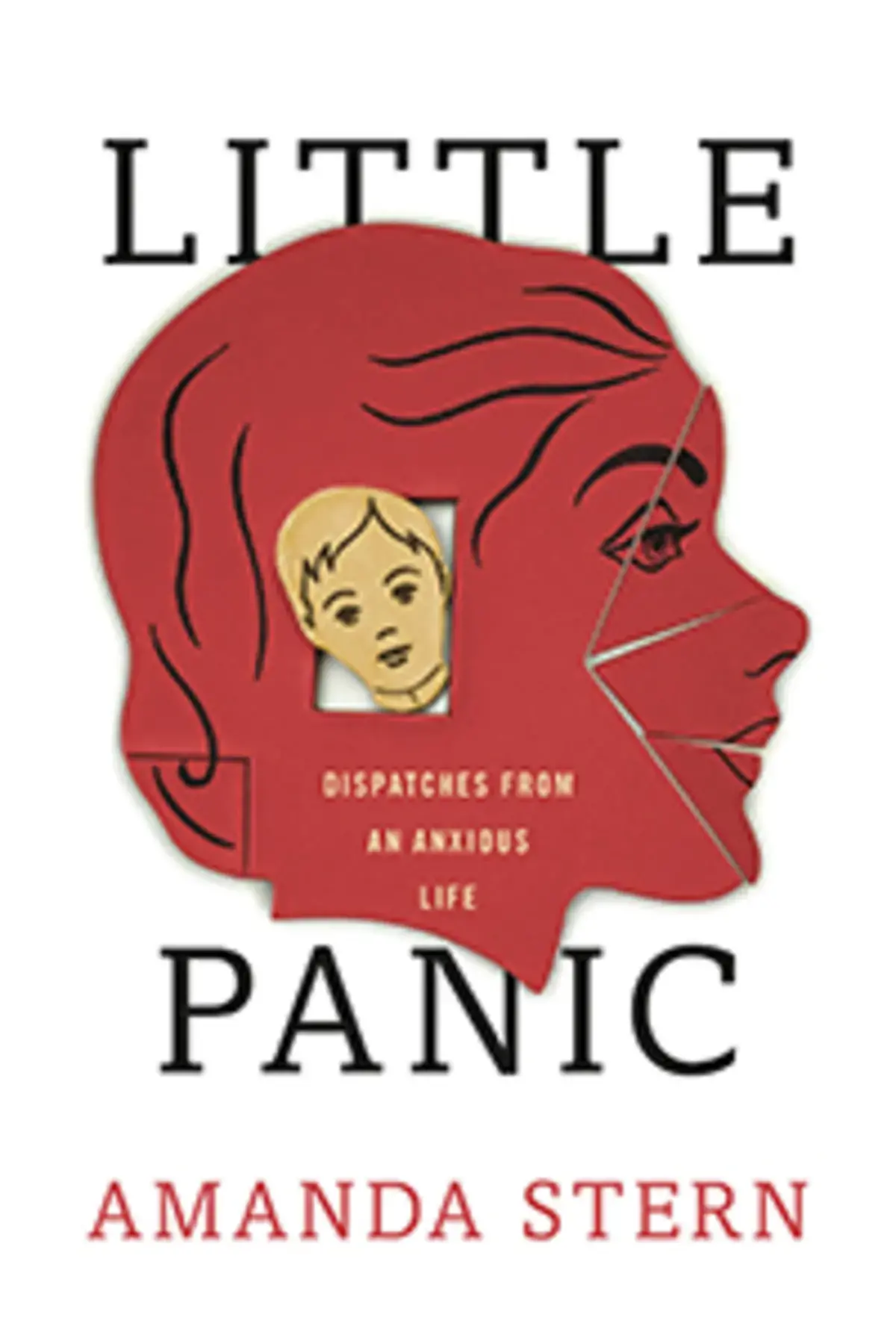
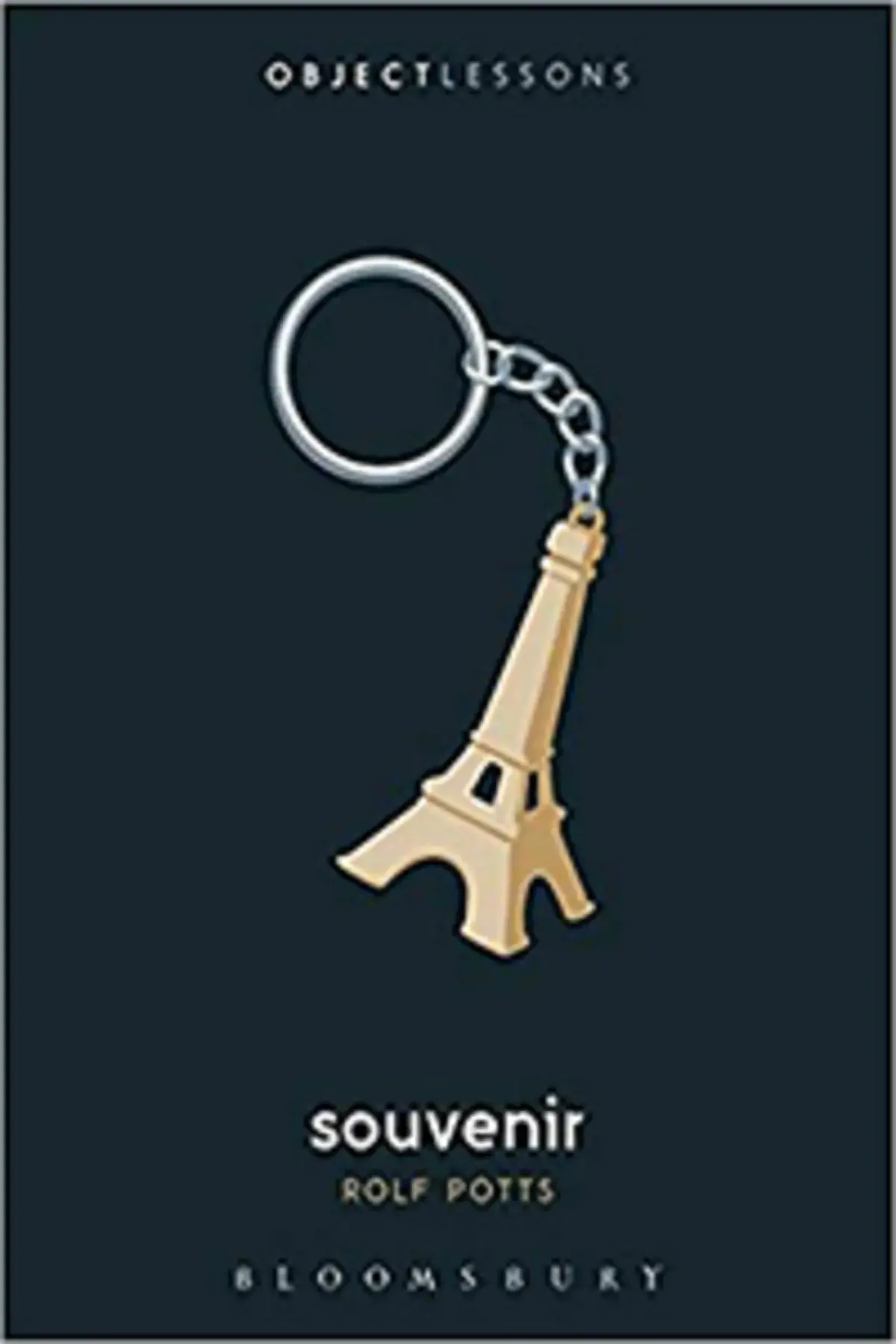
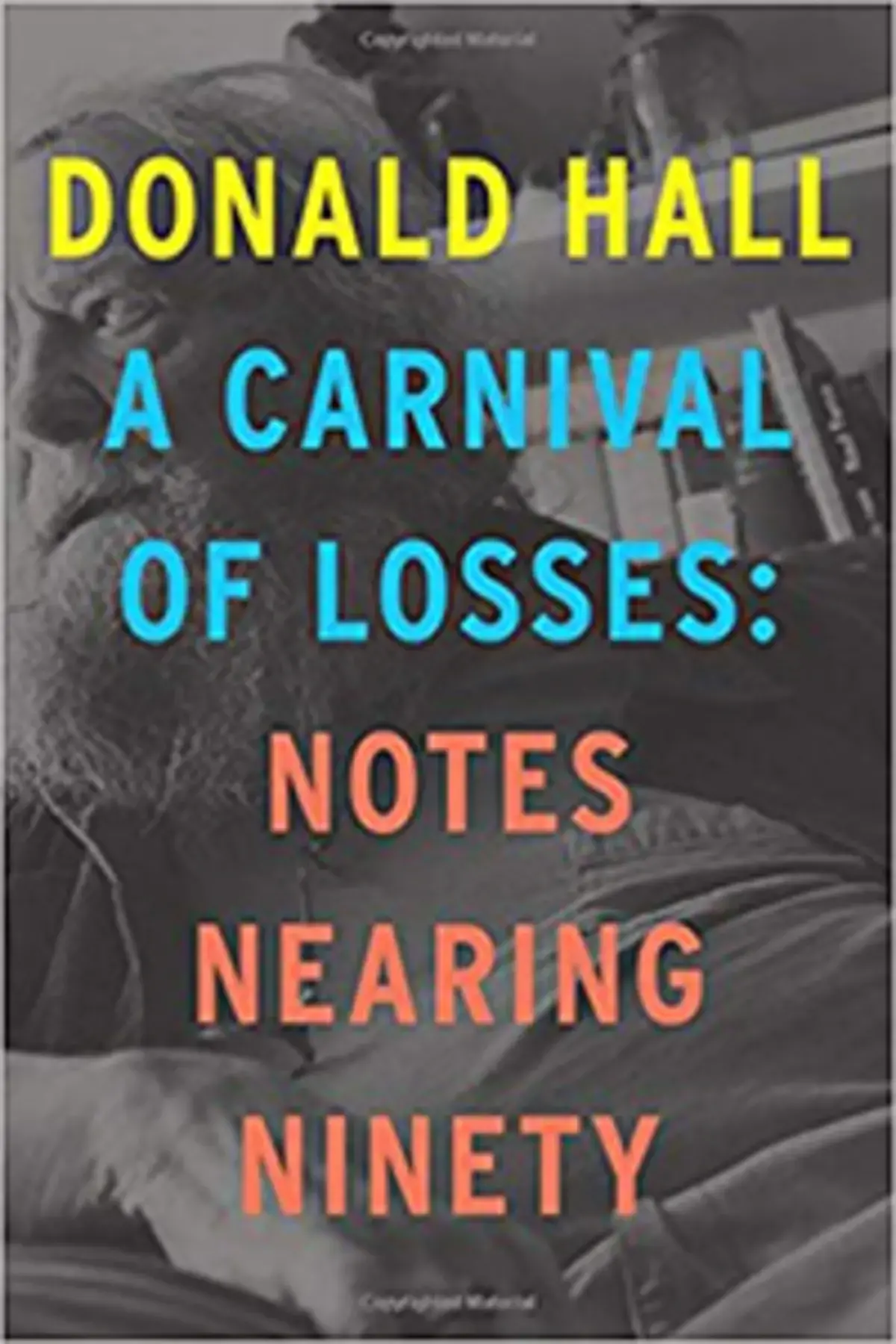
AMANDA STERN ’93
Little Panic
(Grand Central Publishing; reprint edition, June 19, 2018)
Stern’s frank, funny memoir about living with anxiety—eased and compounded by a peripatetic childhood amid the gritty glamour of late-’70s Greenwich Village—will have chronic worrywarts laugh-crying with recognition, especially those who think clocks exist only to remind them that time’s running out.
—O, The Oprah Magazine
ROLF POTTS MFA ’11
Souvenir
(Bloomsbury Academic, March 2018)
Few of us would call ourselves collectors, but most travelers have, at some point or other, bought a keychain, pocketed a seashell, or saved a ticket stub from a vacation. Turns out, as Mr. Potts notes in a new little book called Souvenir, there’s more to this seemingly simple (perhaps frivolous to some) practice than meets the eye . . . Souvenir offers ideas about what may be in play when we seek mementos . . . In the end, Souvenir suggests that the meaning of a keepsake is not fixed (its importance to the owner can change over time) and that its significance is bound up in the traveler’s identity.
—The New York Times
DONALD HALL, Former Writer-in-Residence, Bennington Writing Seminars
A Carnival of Losses: Notes Nearing Ninety
(Houghton Mifflin Harcourt, July 2018)
It’s a beauty, brimming with stories, confessions and faded snapshots in time in which he muses about life, settles a few scores and brags a little about his accomplishments . . . . It’s odd that a book whose subject is loss could be so uplifting. And yet it is. Hall may be telling us what it’s like to fall apart, but he does it so calmly, and with such wit and exactitude, that you can’t help but shake your head in wonder.
— Associated Press

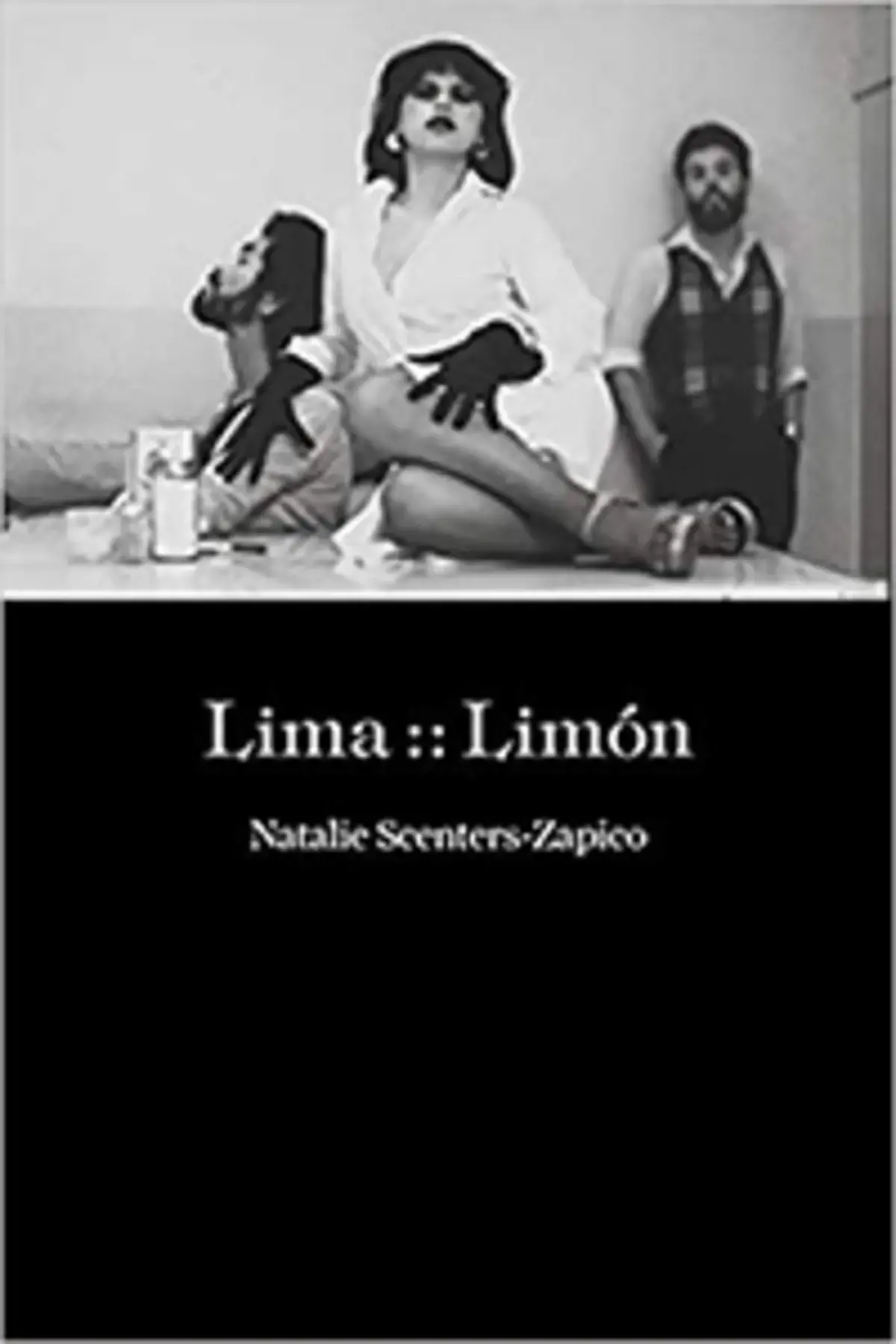
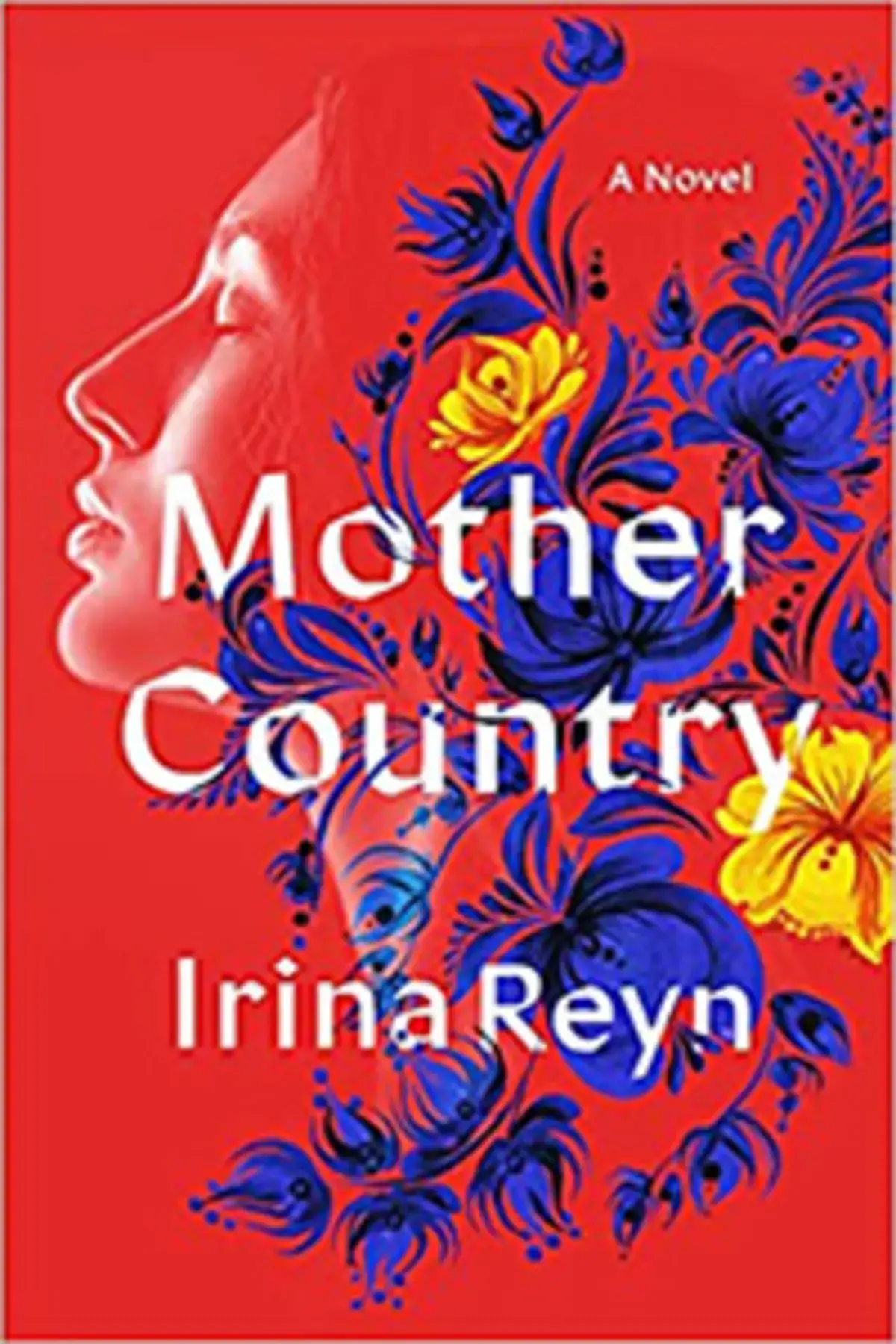
EUGENIA KIM MFA ’01
The Kinship of Secrets
Houghton Mifflin Harcourt (November 6, 2018)
Beautifully illuminate[s] Korea’s past in ways that inform our present . . . . Kim infuses a coming-of-age story about being an outsider with the realities of the war, which forced many family separations, some of which still persist today.
—The Washington Post
NATALIE SCENTERS-ZAPICO, Faculty member
Lima :: Limón
Copper Canyon Press (May 14, 2019)
These poems, with electric brilliance, speak fiercely as they straddle various borders, especially the one between El Paso, TX and Ciudad Juarez, Mexico.
— NPR
IRINA REYN MFA ’06
Mother Country
Thomas Dunne Books (February 26, 2019)
A modern portrait of America through the lens of the women it fails the most.
—Marie Claire
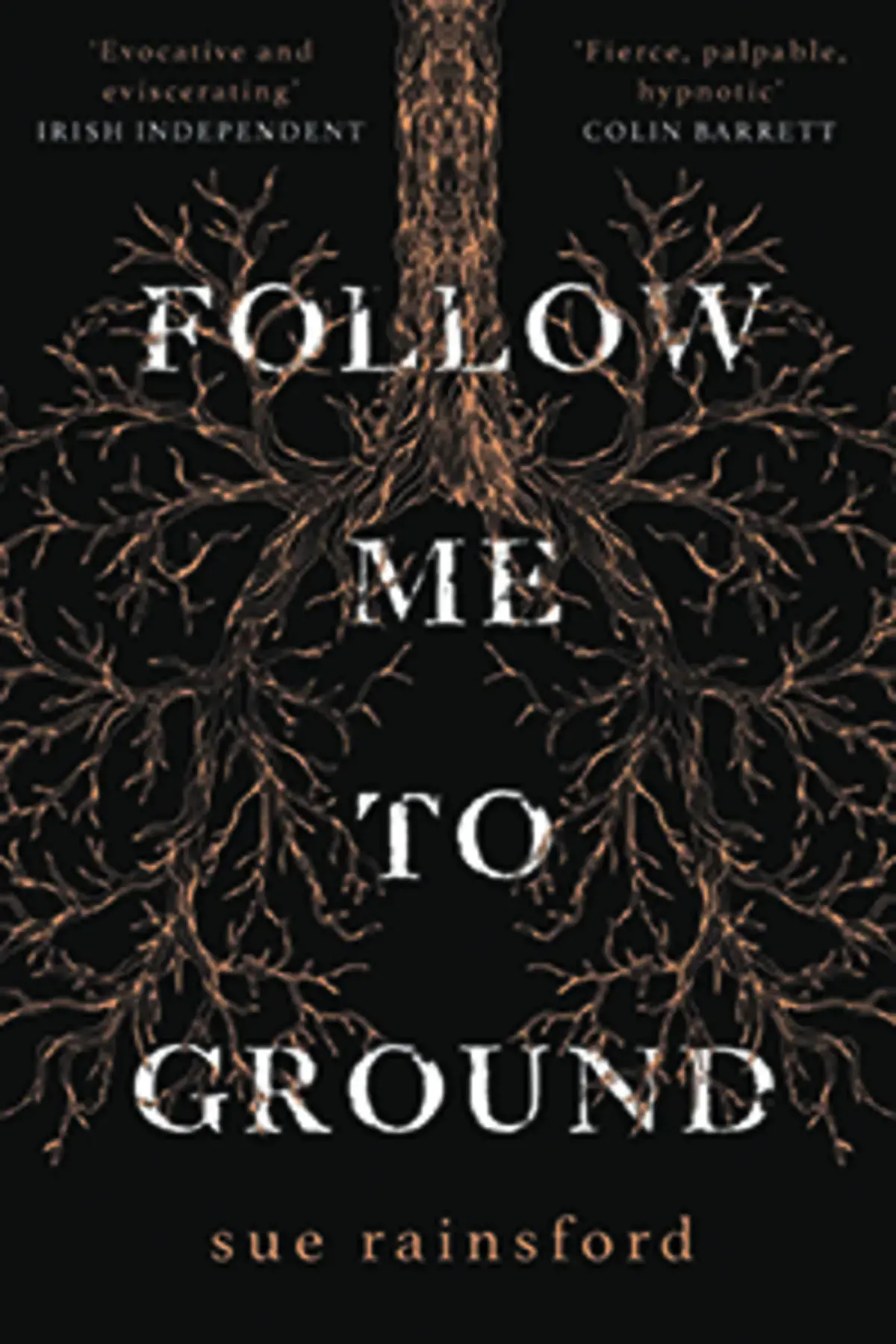
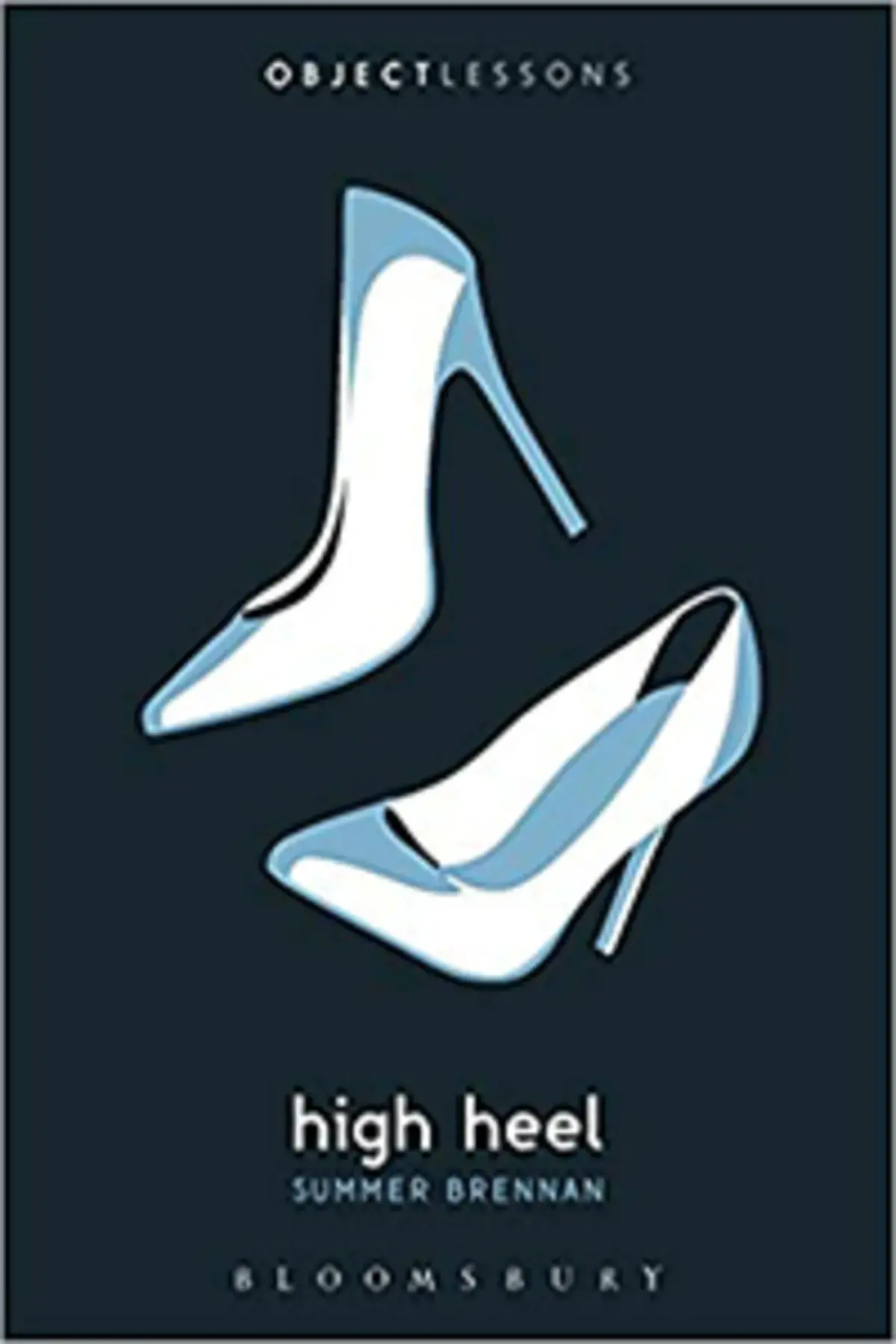
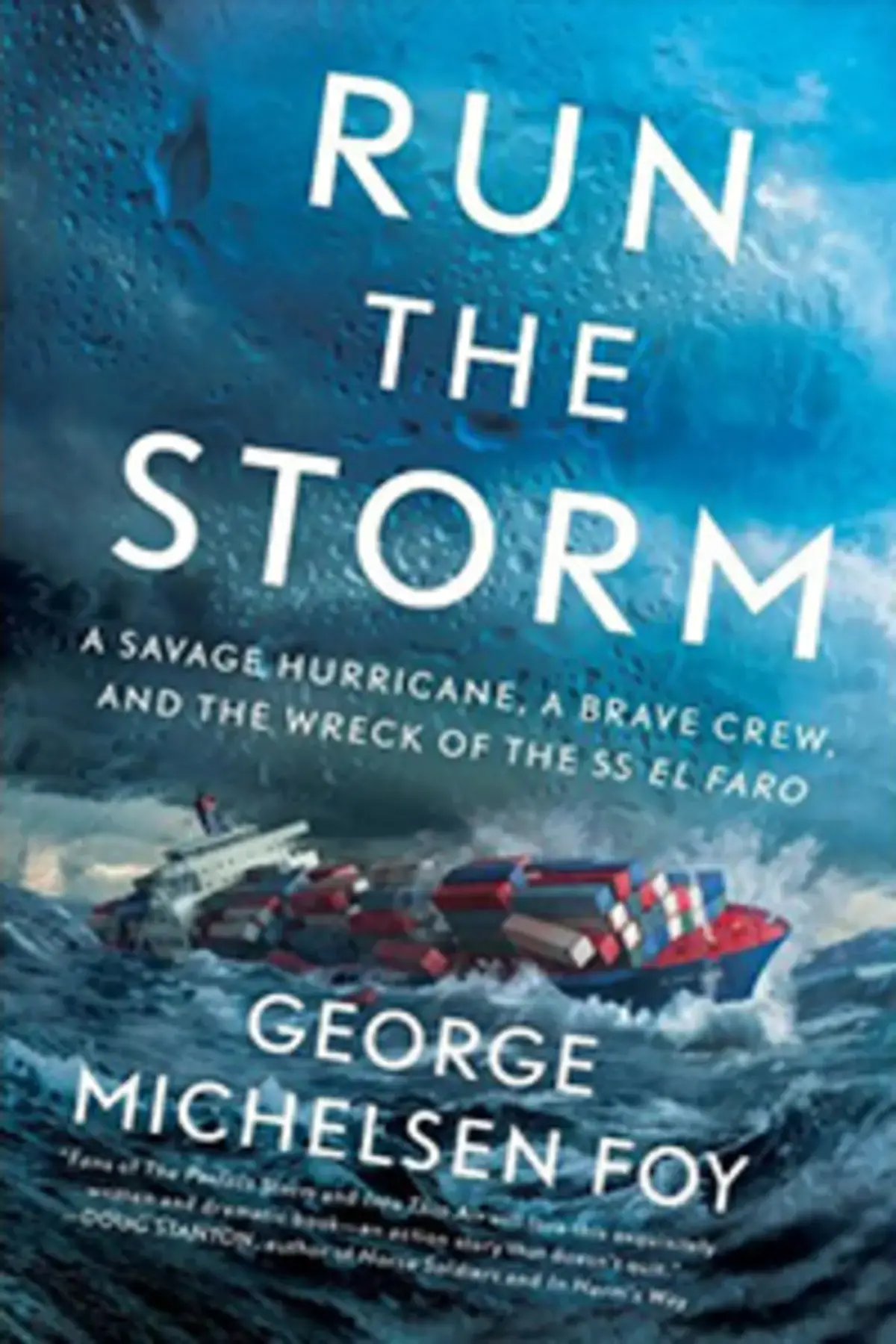
SUE RAINSFORD MFA ’17
Follow Me to Ground
(New Island Books, August 8, 2019)
This lyrical book is truly creepy and perfect for this time of year, when the darkness grows.
—The Irish Times
SUMMER BRENNAN ’01
High Heel
(Bloomsbury Academic, March 21, 2019)
[A] thought-provoking meditation on what it means to move through the world as a woman . . . . Powerful enough to completely change your worldview.
—Refinery29
GEORGE MICHELSEN FOY MFA ’98
Run the Storm: A Savage Hurricane, a Brave Crew, and the Wreck of the SS El Faro
(Scribner, May 1, 2018)
Run the Storm. . . gracefully covers everything you’d want to know about El Faro’s sinking and the 33 lives that went with it.
—Outside
 Tod Goldberg MFA ’09, Julia Pistell MFA ’09, and Rider Strong MFA ’09,
Tod Goldberg MFA ’09, Julia Pistell MFA ’09, and Rider Strong MFA ’09,
Literary Disco
A podcast hosted by Tod Goldberg MFA ’09, Julia Pistell MFA ’09, and Rider Strong MFA ’09, the podcast was named one of the best literary podcasts by The Washington Post in 2018.